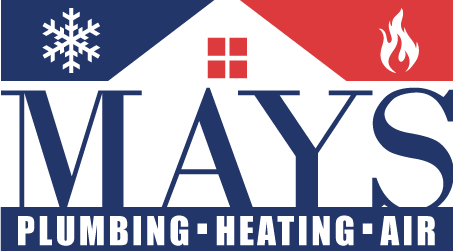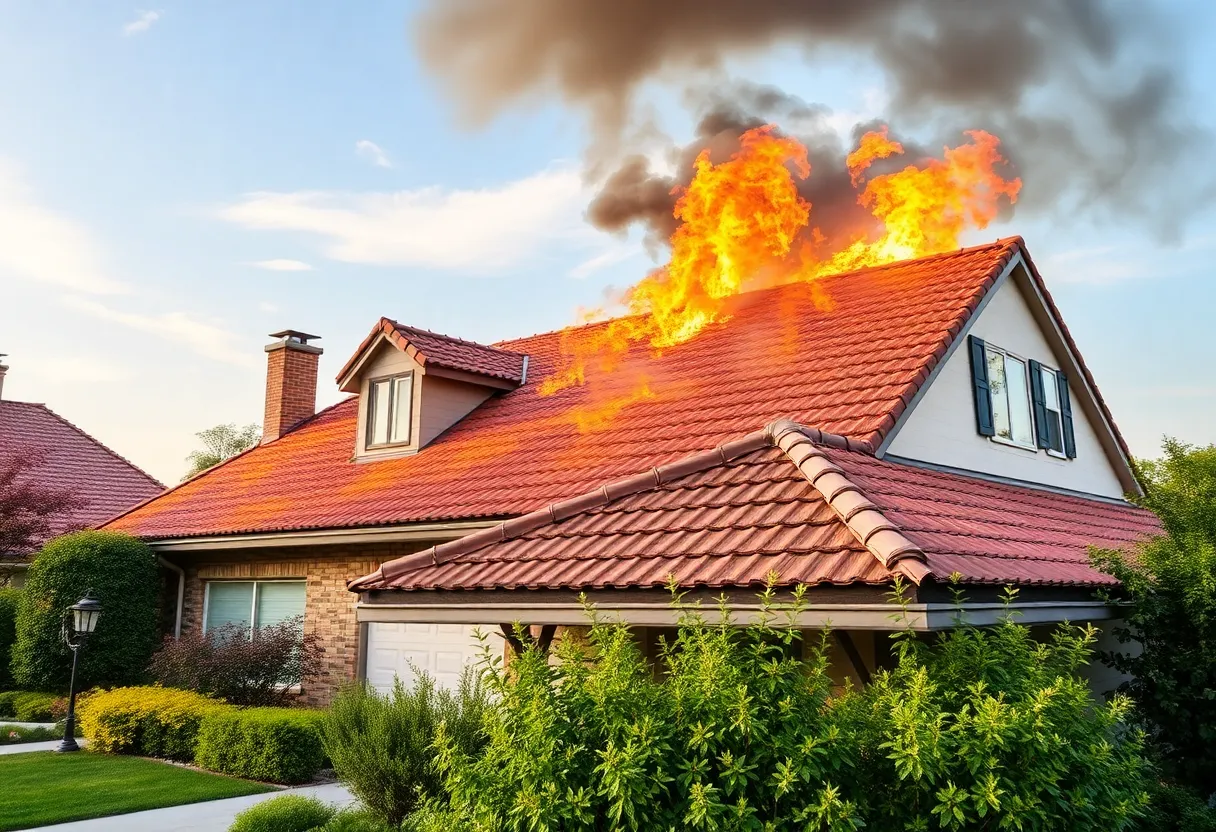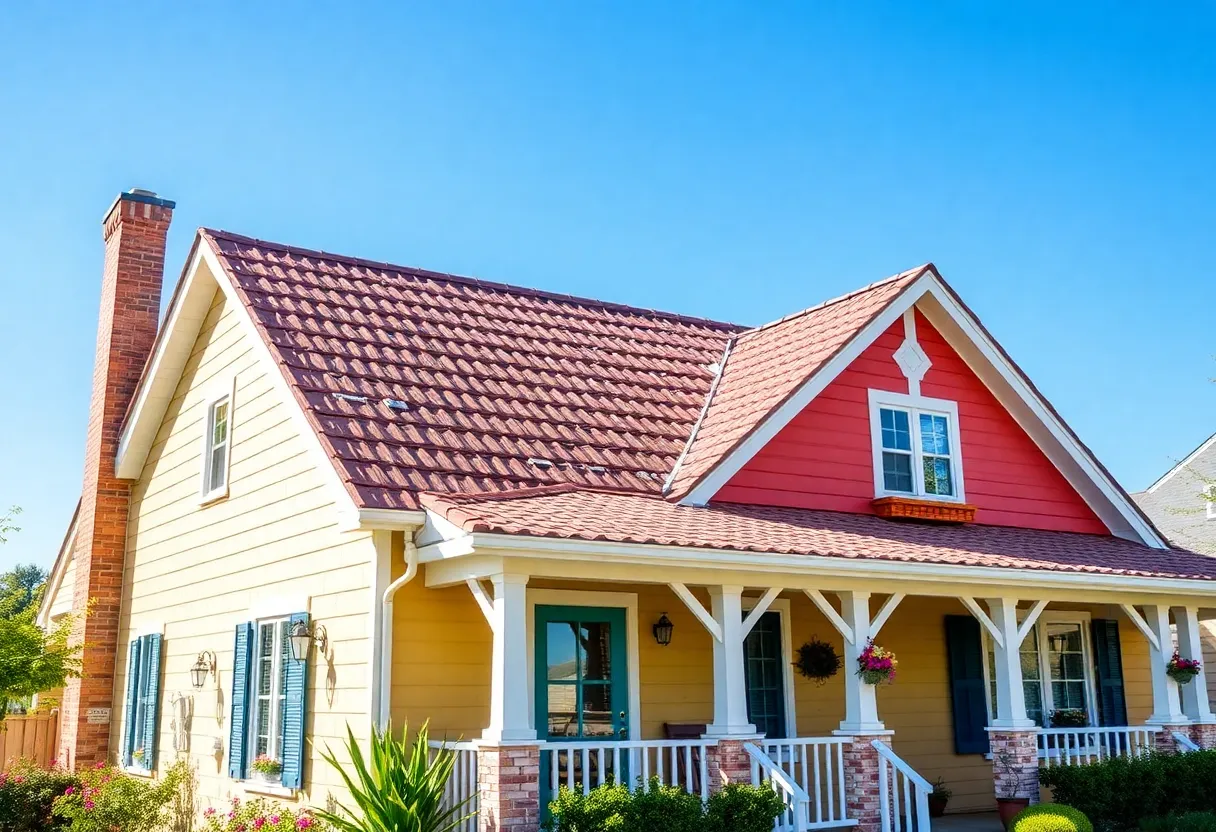How to Enhance Your Roof’s Fire Resistance: Essential Tips for Homeowners
Understanding Fire Resistance in Roofing
Fire resistance is a crucial factor for any roofing material. It refers to the ability of a roof to withstand fire exposure without leading to structural failure. Homeowners must recognize the importance of fire-resistant roofs to protect their properties from the devastating effects of fire.
Evaluating Your Current Roofing Material
The first step in enhancing fire resistance is to assess your existing roof. Different materials possess varying degrees of fire resistance:
- Asphalt Shingles: Most common, but typically rated Class B or C.
- Metal Roofs: Generally receive a Class A rating, thanks to their non-combustible nature.
- Tile and Slate: Often Class A, providing excellent thermal stability.
- Wood Shakes: Highly combustible; consider replacing with fire-retardant treatments.
By understanding the classification of your current roofing material, you can make informed decisions about upgrades or replacements.
Choosing Fire-Resistant Materials
Types of Fire-Resistant Roofing Materials
When selecting roofing materials, consider the following:
- Metal Roofing: Steel or aluminum roofs are durable and devoid of flammability.
- Concrete and Clay Tiles: Both options offer natural fire resistance and longevity.
- Modified Bitumen: A hybrid of traditional asphalt with added durability that improves fire resistance.
- Fiberglass Shingles: These shingles offer a robust barrier against fire due to their flame-resistant properties.
Fire-Retardant Coatings
Applying a fire-retardant coating can enhance the fire resistance of existing roofs. These products create a protective barrier, helping resist ignition and slow flame spread. Research various coatings and choose one that meets safety standards while being compatible with your roofing material.
Improving Roof Design
Roof Pitch and Shape
A flat or low-pitch roof can trap heat and promote fire spread. Opt for a steeper roof pitch, which can help in drainage and reduce fire risk by minimizing heat accumulation.
Ventilation and Insulation
Insufficient roof ventilation can lead to heat buildup. Proper ventilation helps disperse heat and reduces the likelihood of fire ignition. Insulation materials should also be fire-rated, ensuring that any heat accumulation does not compromise the roof’s integrity.
Landscaping for Fire Safety
Your property’s landscaping can significantly affect fire risk. Follow these guidelines:
- Remove Debris: Regularly clear leaves and branches from your roof and gutters.
- Fire-Resistant Plants: Landscaping with fire-resistant plants can create a defensible space around your home.
- Maintaining Distance: Ensure that trees and shrubs are a safe distance from your home to limit fire spread.
Regular Roof Maintenance
Routine maintenance is vital for fire safety. Inspect your roof periodically for damaged shingles, rust, or debris accumulation:
- Clean Gutters: Clogged gutters hold debris that can catch fire easily.
- Repair Damage: Address any loose or damaged materials promptly to prevent potential fire hazards.
- Check for Overhanging Branches: Trim any branches that may pose a fire risk, especially during dry seasons.
Emergency Preparedness
Prepare for emergencies by ensuring your home has clear evacuation routes. Keep emergency kits easily accessible, and regularly conduct fire drills with your family. Being prepared can reduce panic during a fire situation.
Conclusion
Enhancing your roof’s fire resistance involves evaluating existing materials, choosing suitable alternatives, improving roof design, maintaining your landscape, and committing to routine maintenance. By taking these essential steps, homeowners can significantly reduce the risk of fire damage and ensure the safety of their properties.
Final Thoughts
Investing time and resources into fire-proofing your roof is crucial not only for compliance with safety standards but also for ensuring peace of mind. A proactive approach can save lives, property, and financial resources in the unfortunate event of a fire.
Author: HERE Greenwood
The GREENWOOD STAFF WRITER represents the experienced team at HEREGreenwood.com, your go-to source for actionable local news and information in Greenwood, Greenwood County, and beyond. Specializing in "news you can use," we cover essential topics like product reviews for personal and business needs, local business directories, politics, real estate trends, neighborhood insights, and state news affecting the area—with deep expertise drawn from years of dedicated reporting and strong community input, including local press releases and business updates. We deliver top reporting on high-value events such as the Festival of Flowers, Greenwood Community Theatre performances, and agricultural showcases at the Greenwood County Fairgrounds. Our coverage extends to key organizations like the Greenwood Chamber of Commerce and the Greater Greenwood United Ministry, plus leading businesses in manufacturing and healthcare that power the local economy such as FujiFilm Manufacturing and Self Regional Healthcare. As part of the broader HERE network, including HERECharleston.com, HEREColumbia.com, HEREGreenville.com, and HEREHiltonHead.com, we provide comprehensive, credible insights into South Carolina's dynamic landscape.




 Mays Contracting
Mays Contracting

